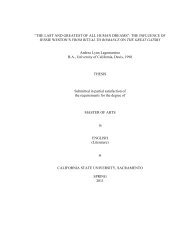Complete Thesis_double spaced abstract.pdf
Complete Thesis_double spaced abstract.pdf
Complete Thesis_double spaced abstract.pdf
You also want an ePaper? Increase the reach of your titles
YUMPU automatically turns print PDFs into web optimized ePapers that Google loves.
The relationship between Guatemala and the United States was purported to have<br />
transformed under President Jimmy Carter (1976-1980). In reality human rights groups and<br />
certain members of the international community had already begun pressuring President Ford in<br />
1975 to reduce or eliminate military aid and weapons sales to Guatemala. President Carter<br />
attempted to impose human rights conditions on military aid sent to Guatemala. The United<br />
States Congress passed the Foreign Assistance and Related Programs Appropriations Act in 1978<br />
that directly tied the receipt of military aid to improvements in human rights conditions.<br />
Guatemala responded by refusing any aid with human rights conditionality and assassinating the<br />
centrist candidates supported by the Carter administration. The United States never truly<br />
eliminated all aid to Guatemala during Carter’s term, “more than $34 million worth of US<br />
military equipment wormed its way into Guatemala…under contracts licensed by Department of<br />
Commerce” (Black, 1984, 147).<br />
From 1950-1995 Guatemala had been largely dependent on the United States as a source<br />
for ODA, for the training of military personnel in counterinsurgency techniques, and as a<br />
purchaser of exports and supplier of imports. However, Guatemala also received support from a<br />
variety of states throughout the world. Argentina, Belgium, Switzerland, Austria, Germany,<br />
China, South Africa, and Spain were a few of the states purchasing exports, and acting as a source<br />
of ODA and military arms (Black, 1984, 153). One of Guatemala’s more enduring relationships<br />
was with Israel. Guatemala’s relationship with Israel began in 1948, “Guatemala provided one of<br />
the three United Nations commissioners charged with overseeing the creation of the Jewish<br />
state;” the commissioner was Jorge Garcia Granados a “close political associate of General<br />
Lucas” (Black, 1984, 155). However, it was not until the United States State Department report<br />
in 1977 and the subsequent action by the Carter administration that Guatemala began to rely more<br />
exclusively on Israel for the purchase of arms for the military. Israel played a key role in the<br />
92



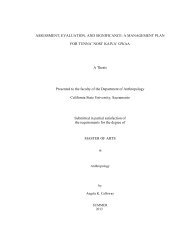
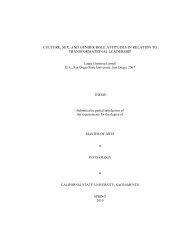
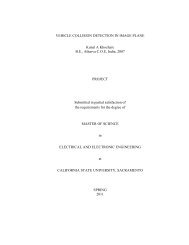
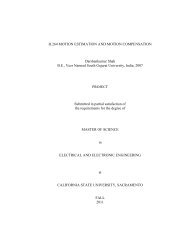
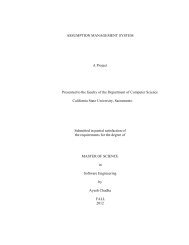
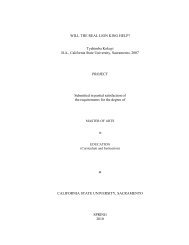
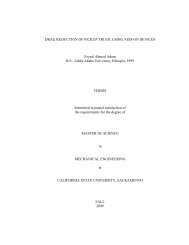
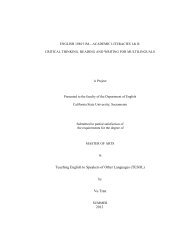
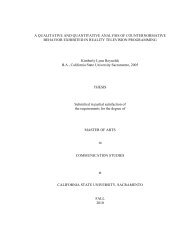
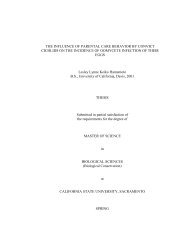
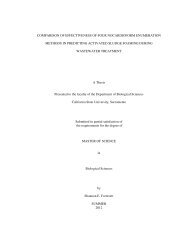
![Completed Thesis to Grad Studies[Final3].pdf](https://img.yumpu.com/17538645/1/190x245/completed-thesis-to-grad-studiesfinal3pdf.jpg?quality=85)
